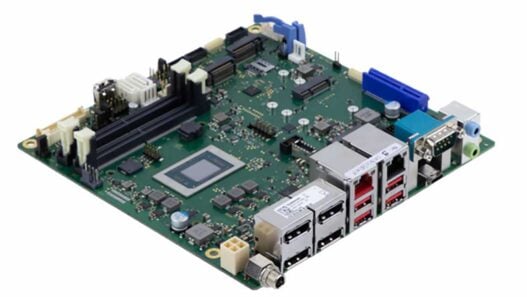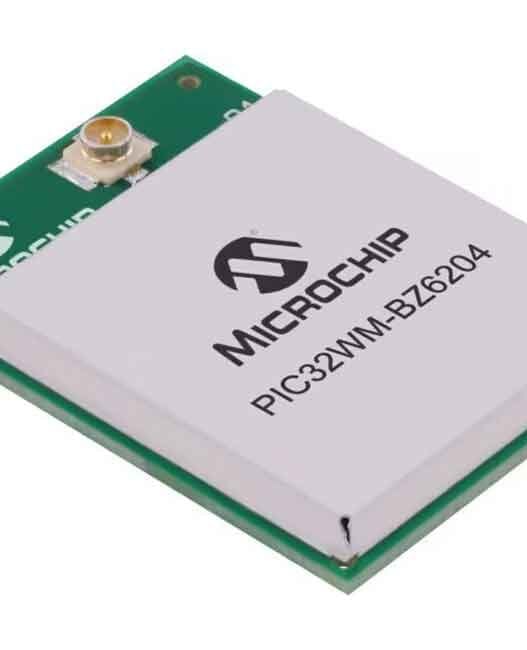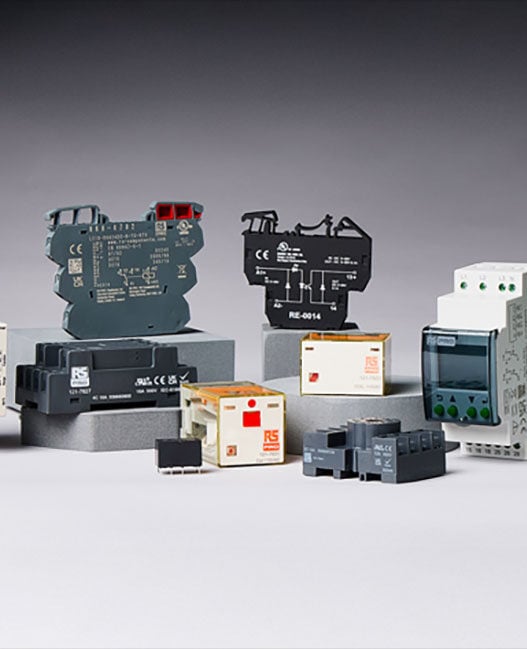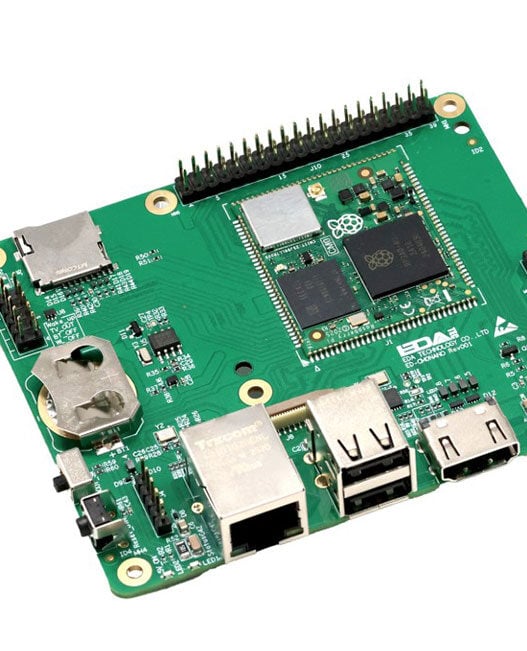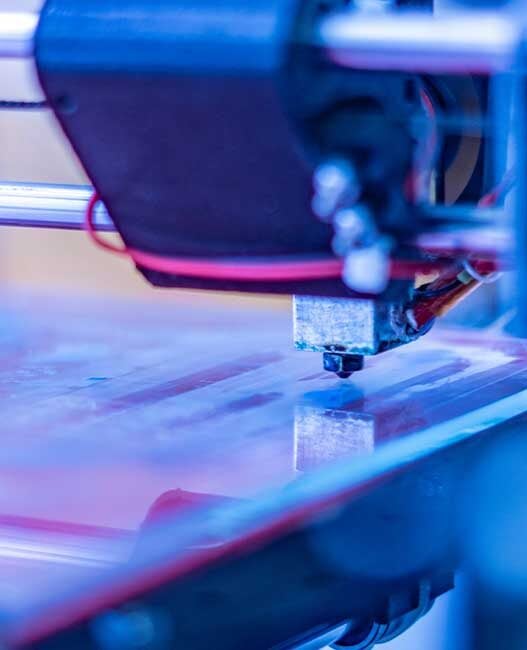Global supply limitations on chips have negatively impacted manufacturing in numerous industries, including electronics. Chips can have substantial effects on gadget usability. For example, a recently announced chip innovation from IBM is said by the company to quadruple mobile phone battery life and accelerates laptop processing speeds during intensive tasks.
Tesla CEO Elon Musk recently revealed during a court appearance that his company will only produce 30,000-35,000 of its Powerwall home backup batteries this quarter, despite a demand existing for 80,000. The executive blamed the chip shortage for the deficit.
Leadership at Apple also had similar complaints, mentioning that the chip shortage affected the tech giant’s ability to secure power management components that prolong device battery life. These recent events should remind electronics professionals why it’s necessary to monitor the chip shortage while designing and sourcing power supplies essentials.
Power supply accessibility could affect repair options
The people responsible for making power supply decisions about electronics must also think about the potential need for repairs to happen later. For example, Apple designed its AirPods so that consumers cannot replace the batteries due to the use of glue rather than screws for mounting purposes.
However, if a customer asks for battery service from Apple, they can pay just under $100 to have professionals replace them. Electronics professionals should also remain mindful that they may need to make changes so that consumers can access power supplies themselves without ruining a product.
For example, New York Senators recently approved the Digital Fair Repair Act. It gives people the right to fix electronics and farming equipment that they own. Plus, manufacturers must provide resources, such as tools and documentation, to facilitate the process. Government officials are moving towards similar laws for the European Union and the UK.
Poor power quality may reduce electronics lifespan
The teams responsible for designing electronics power supplies must also decide whether the gadgets will run on AC or DC. Most electronics require DC power because it provides more consistency in the voltage delivered to the product. Plus, some gadgets, such as laptop computers, have AC-DC converters that transform the waveform into a straight line.
Short-term voltage surges don’t typically damage electronics. However, frequent, more persistent ones can ruin them. Additionally, even high-voltage transients lasting microseconds can permanently harm a power supply and the associated electronic components.
These realities mean that poor-quality grid resources could damage crucial parts. Thus, engineers must exercise significant forethought about placement and shielding to reduce unwanted effects.
Specialty component utilisation could minimise battery requirements
Engineers and designers must also remain aware of how newly available products could positively influence an electronics product’s power supplies. For example, Texas Instruments released a switching regulator that makes battery-powered industrial IoT devices and personal electronics more efficient.
More specifically, the synchronous buck converter shows 80% efficiency at low loads. That performance allows circuit designers to either extend the battery life of their products or use fewer power sources. Both options make items more attractive to potential purchasers.
However, the latter benefit means that designers could reduce the overall footprint of their devices, making them more compact and potentially lowering costs. When making any decisions about power supplies, professionals must aim to look at the complete picture. For example, which power supply solutions will meet a company’s design and budgetary goals while simultaneously bringing benefits that customers notice and appreciate?
Power supply decisions affect production and performance
This overview highlights why forethought about power supplies for electronics could impact how fast production progresses and what experiences users have with the finished products. Power supplies in electronics are often not visible to the people who purchase and use the items, but the effects of those components are virtually impossible to miss.



